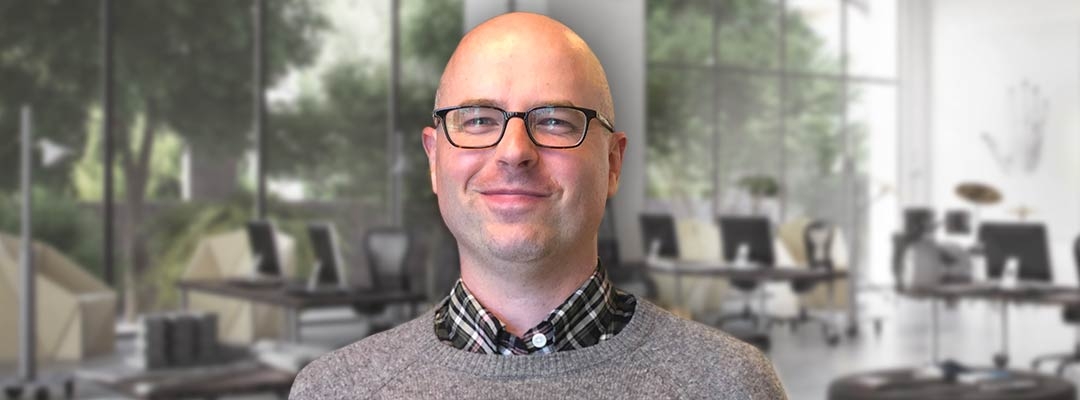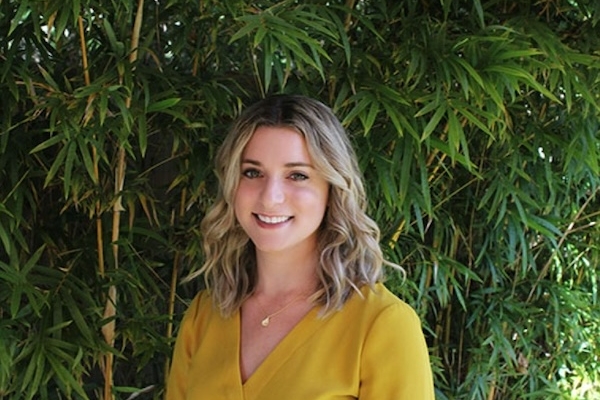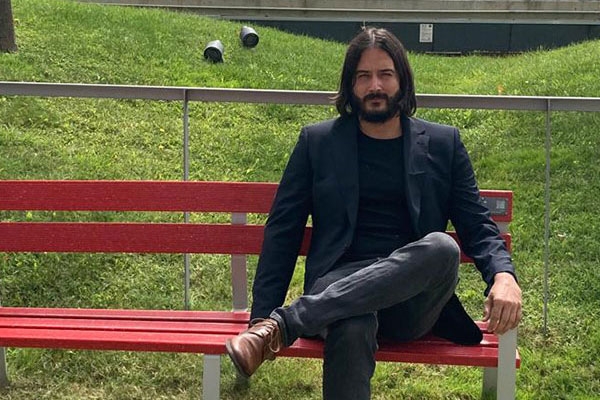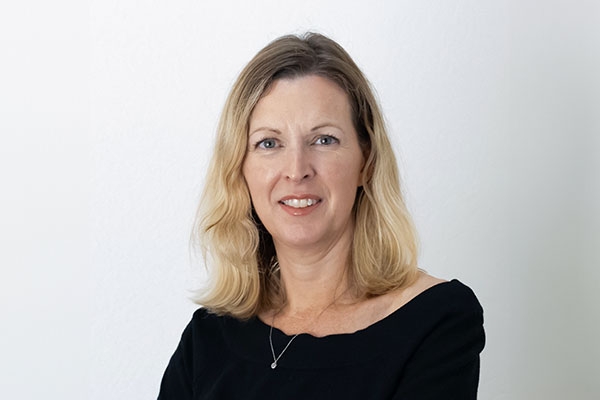This story should sound familiar to anyone who is thinking of switching careers to accounting.
While working at music-distributor company Revolver, Christopher Hubbard dabbled in various positions. At that small organization, he started in the warehouse and continually added new responsibilities: generating invoices, processing payments, copy editing, graphic design, mail-order fulfillment.
Although he enjoyed the different opportunities this afforded him, Christopher was in search of a career change and began traversing the path to find what career would best fit his interests.
“I knew from doing billing work that I liked quantitative tasks,” Christopher recalls, “so I figured I’d ‘dip my toes in the water’ with an introductory accounting class and see what it was all about. I had zero expectations.”
That initial toe in the water soon became a deep dive into working toward a career in accounting.
Step one: Christopher enrolled in Introduction to Financial Accounting.
“I was a little apprehensive when I started,” Christopher says. “I hadn’t set foot in a classroom since I’d graduated from college over a decade ago. However, it turned out to be a great experience.”
Everyone was there to learn, and the atmosphere was encouraging and often fun.
That great experience snowballed into completing all of the courses in the Certificate Program in Accounting, where he studied alongside students from all walks of life and at all stages of their careers.
“There was always a diverse mix of students: some were undergraduates picking up extra academic credits for their degrees. Some were already working in the industry trying to complete the requirements to sit for the CPA exam. Some, like me, were making a career change. Some were involved in small businesses and were looking to sharpen their bookkeeping skills. Everyone was there to learn, and the atmosphere was encouraging and often fun.”
Now that you’ve completed the certificate, have you successfully switched careers?
I’m currently a staff accountant at Devereaux, Kuhner & Co., a tax accounting firm in San Francisco. Like the music distributor that I worked at before, it’s a relatively small organization, which I love because it gives me the opportunity to do a number of things. My current work responsibilities include tax preparation for individuals, partnerships, corporations, trusts and estates. I also do financial statement compilations and reviews, and help clients resolve matters with the IRS and various state tax agencies.
Not having an undergraduate degree in accounting, the certificate was an acceptable substitution for most entry-level public accounting jobs that I applied to.
How did the certificate help you make this transition?
Not having an undergraduate degree in accounting, the certificate was an acceptable substitution for most entry-level public accounting jobs that I applied to. Being able to demonstrate good grades on my Extension transcript, as well as good scores on the CPA exams, were essential in helping me find a job in the field.
When I started working in public accounting, just about everything I knew about it came from my Extension courses. Those classes provided me with a very strong foundation that was essential when I started learning the specifics of my current position.
It’s funny now to think that some of the course materials—like how to account for multi-year construction projects or how to consolidate financial statements for parent and subsidiary corporations—seemed so esoteric when I was in class. How surprised I was to actually encounter it later on the job!
Did you feel prepared to take the CPA Exam?
After completing the certificate, I had to take a couple more business-related classes before I met the requirements to sit for the CPA exams. Once those were out of the way, I signed up for a prep course and then took the big four exams over an approximately 9-month period. Although I passed each of the exams and have since completed the license’s work-experience prerequisite, the California Board of Accountancy seems to keep increasing the education requirements. In January 2017, they added a 10-credit “ethics study” requirement, so I am taking the Comparative Philosophy course.
I credit my instructor James Botsford, who taught my Cost Accounting course, for putting me on the path to get my CPA license in the first place. In general, the instructors were more than happy to answer career-related questions outside of the scope of the course material.
Try a course or two and see how it goes.
Having successfully changed careers, what advice would you give to someone who is starting their own journey?
Try a course or two and see how it goes. For an endeavor that for me eventually led to a successful career change, it’s a fairly low-risk first step. Even if someone is not interested in completing all of the courses to get the certificate, there’s good value in the individual classes.
I’ve actually suggested just the introductory courses to some friends of mine who are involved with small businesses.



